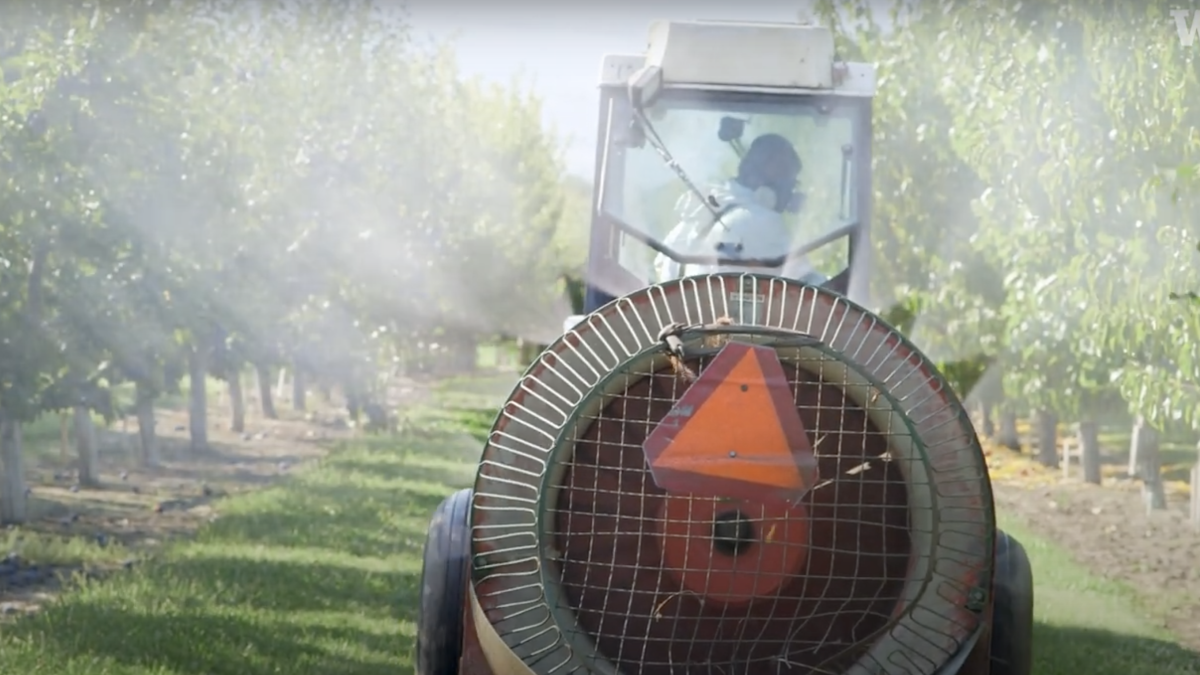
What is the value of research?
Stay informed about decisions that could impact the future of worker health and safety in our region.
UPDATE: The PNASH Center is pleased to share that we have received funding for year 4 of our 5 year cycle. We look forward to continuing our research and outreach and planning for a sustainable future for our research center. Stay informed about our research in the coming year, please subscribe to our eNews.
Agriculture is essential to the health, economy, and identity of the Pacific Northwest. Farming, fishing, and forestry feed our communities and drive local economies. These agricultural industries rely on generations of skilled workers who perform physically demanding jobs in hazardous and unpredictable conditions. Protecting their health and safety requires practical solutions to complex and evolving risks.
Since 1996, the Pacific Northwest Agricultural Safety and Health Center has advanced its mission to conduct research and promote best practices for producers, workers, and communities in our region. We have built lasting partnerships across Washington, Oregon, Idaho, and Alaska, working with community members, industry leaders, and small producers to improve health and safety in farming, forestry, and fishing. In high-risk sectors where injury and illness remain common, our partners rely on PNASH for practical, research-based tools and training that would otherwise be out of reach.
We encourage you to stay informed about decisions that could impact the future of worker health and safety in our region. We are deeply grateful to the producers, workers and organizations who have supported and guided our work. Your partnership has made everything possible. We remain committed to continuing our mission and welcome your continued engagement and forward-looking ideas as we plan for the future of PNASH.


